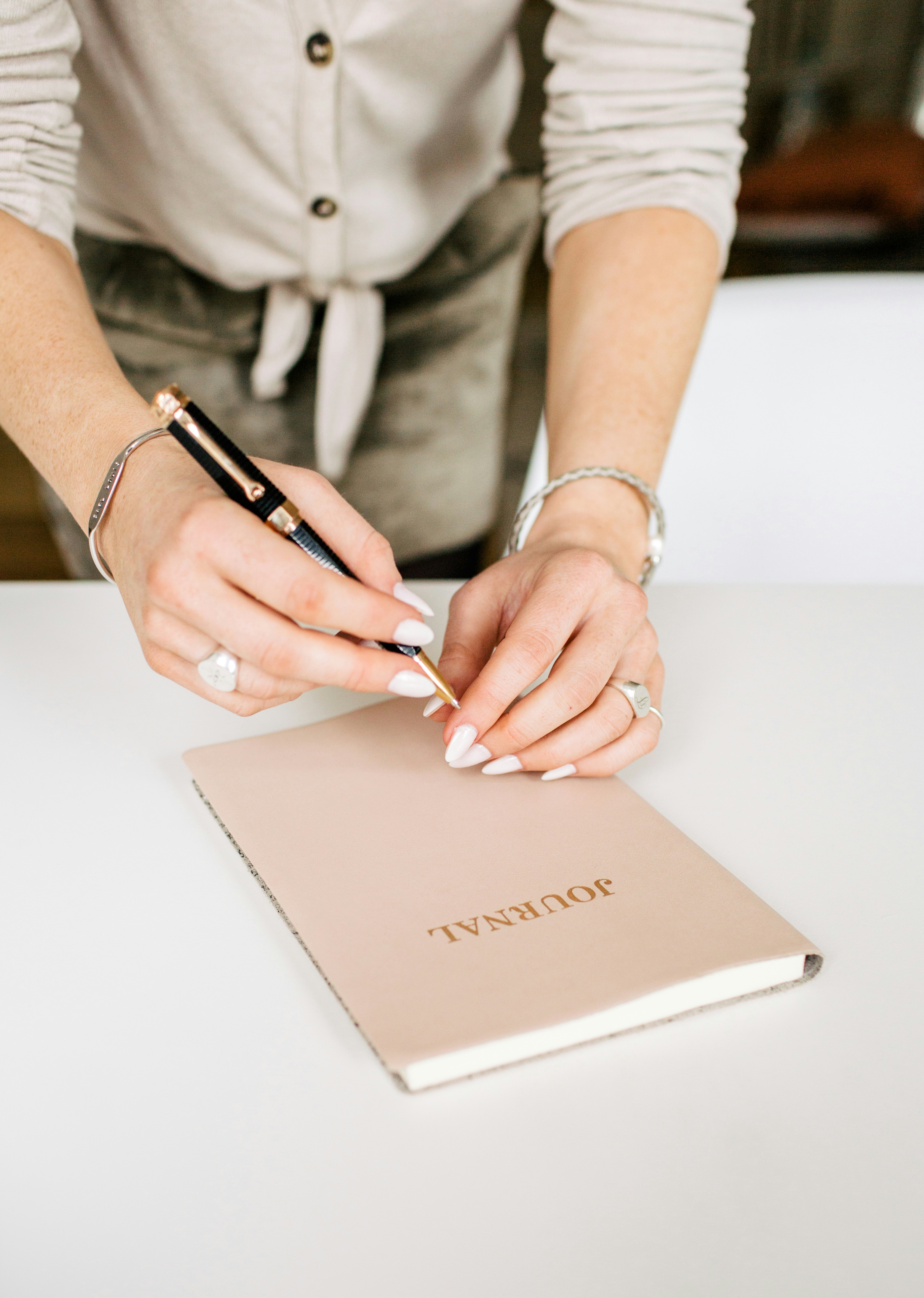Do you know that feeling? The alarm goes off. You snooze it. Then again. Before you know it, an hour has passed and your morning is gone. You’re rushing. You’re late. And you feel a little disappointed in yourself. You wanted to wake up early, yet it didn’t happen—again.
Waking up early sounds simple. Set an alarm, right? But when the morning comes, your bed feels warm, and your goals feel far away.
The truth is, waking up early isn’t just about an alarm. It’s about building the right routines, working with your body—not against it—and using a system that supports you even when you’re not feeling motivated.
6 Hacks on How to Wake Up Early Every Morning
1. Fix Your Bedtime Routine First
The way you end your day shapes how you start the next one. If you want to wake up early, you must sleep early. Many people try to rise early without adjusting their bedtime. That’s a guaranteed way to fail.
Your body needs enough rest to work well. Most adults need 7 to 9 hours of sleep every night. Cutting that short will leave you tired in the morning, making it harder to get out of bed.
Start by adjusting your night, not your morning. Count backwards from your desired wake-up time to set a proper bedtime. Then give yourself 30–60 minutes to wind down before bed. That means no screens, no heavy meals, and no big tasks.
Create a relaxing night routine—read a book, journal, listen to soft music, or just sit quietly. These small habits tell your body it’s time to rest.
The Sleep Foundation shares science-backed tips on how nighttime habits affect sleep quality. A peaceful night makes waking up easier.
Read also: 9 Surprising Benefits of Sleeping Naked
2. Get Up When the Alarm Rings
This is where many people struggle. The alarm goes off. You hit snooze. You say, “Just five more minutes.” But that turns into twenty. Now you’re late—again.
To wake up early every day, you must stop snoozing. Get out of bed as soon as your alarm rings. No thinking. No debating. Just move.
The longer you lie in bed, the more likely you are to fall back asleep. Your body gets cozy again. Your brain starts dreaming. Your early start is gone.
Make this easier by putting your alarm across the room, not beside your bed. That way, you must get up to turn it off. Once you’re on your feet, head to the bathroom and splash some water on your face. Show your body it’s time to begin the day.
Getting up quickly also helps reset your internal body clock—your circadian rhythm. It’s the natural pattern that controls your sleep and wake cycles. Doing this at the same time every day will train your body to expect it.
The National Institute of General Medical Sciences explains how this clock works and why it matters. Movement beats motivation every time.
Read also: How to Wake Up at 5 AM Sharp (8 Tips)
3. Don’t Be Afraid to Use Light
Light affects your body deeply. That’s why it’s easier to wake up with sunlight and harder in the dark. Light tells your brain it’s time to be alert. Darkness tells it to rest.
If you’re waking up before the sun, use artificial light to trick your brain into waking up. Turn on a bright light right away. Or better, use a sunrise alarm clock that slowly lights up your room like a real sunrise. These don’t shock you awake—they gently bring you out of sleep.
During the day, open your curtains and let in natural light. Step outside for a few minutes if you can. Morning sunlight is great for resetting your body clock and boosting your alertness.
At night, do the opposite. Dim your lights and reduce screen time an hour before bed. This tells your brain to start winding down.
Harvard Health Publishing explains how light affects sleep, alertness, and your hormones. Using light well makes mornings easier and nights more restful.
Read also: Ways to Wake Up Feeling Energized and Ready to Conquer Your Day-9 Tips
4. Prepare Your Morning the Night Before
Take the pressure off your mornings by making fewer decisions. The less you have to think in the morning, the easier it is to get up with purpose.
Plan your morning before you go to bed. Lay out your clothes. Get your breakfast ready. Write down your top task for the next day. If you plan to work out, prep your gear. If you use a journal, set it on your desk.
This simple prep removes stress and gives your morning a clear starting point. You don’t wake up wondering what to do.
It also builds commitment. When you plan ahead, your brain knows you’re serious. That feeling sticks with you and grows into a habit night after night.
People who do this find that their days feel calmer, smoother, and more productive. Not because they have more time—but because they waste less time deciding what to do.
5. Have a Clear Reason for Waking Up Early
If you have no reason to wake up early, it won’t last. You need a purpose—something that matters to you. Something you’re looking forward to.
Maybe it’s quiet time before the world wakes up. Maybe it’s reading, writing, praying, meditating, exercising, or working on a personal goal. But make it about you.
Your reason should feel stronger than your bed. The more connected you are to your “why,” the more energy you’ll have to follow through.
You can even write it down and read it before bed. Remind yourself why it matters. Think of how good it feels to start your day right—not just scramble through it.
Your reason becomes your fuel. It’s not about waking up early. It’s about the kind of life you want to live.
6. Stay Consistent—Even on Weekends
One of the biggest mistakes people make is sleeping in on weekends. You wake up early all week, then sleep late on Saturday and Sunday. But that messes up your body clock. It’s like giving yourself jet lag twice a week.
To build a solid wake-up habit, you must stay consistent. Wake up at the same time every day—even on weekends. It doesn’t have to be exact, but try to stay close.
This helps your body know what to expect. It also makes falling asleep at night easier and waking up in the morning more natural. Over time, you may find you wake up early even without an alarm.
Of course, it’s okay to sleep more when you’re really tired. But don’t let weekends erase the progress you made. The more regular your sleep, the stronger your habit becomes.
Final Thoughts
Waking up early isn’t about being perfect. It’s about being prepared. It’s about shaping your nights, your days, and your surroundings to support your goal.
It’s not about waking up at 4 a.m. because someone online said that’s what successful people do. It’s about finding a wake-up time that fits your life and helps you grow.
You don’t need motivation. You can build a system that works even when you feel lazy. Find your natural rhythm. When you do, waking up early won’t feel like a struggle anymore. It’ll feel like a gift.
Start tonight. Set your bedtime. Prep your day. Put your alarm across the room. And when morning comes, get up—because each early morning brings you closer to the life you want.
Save the pin for later



